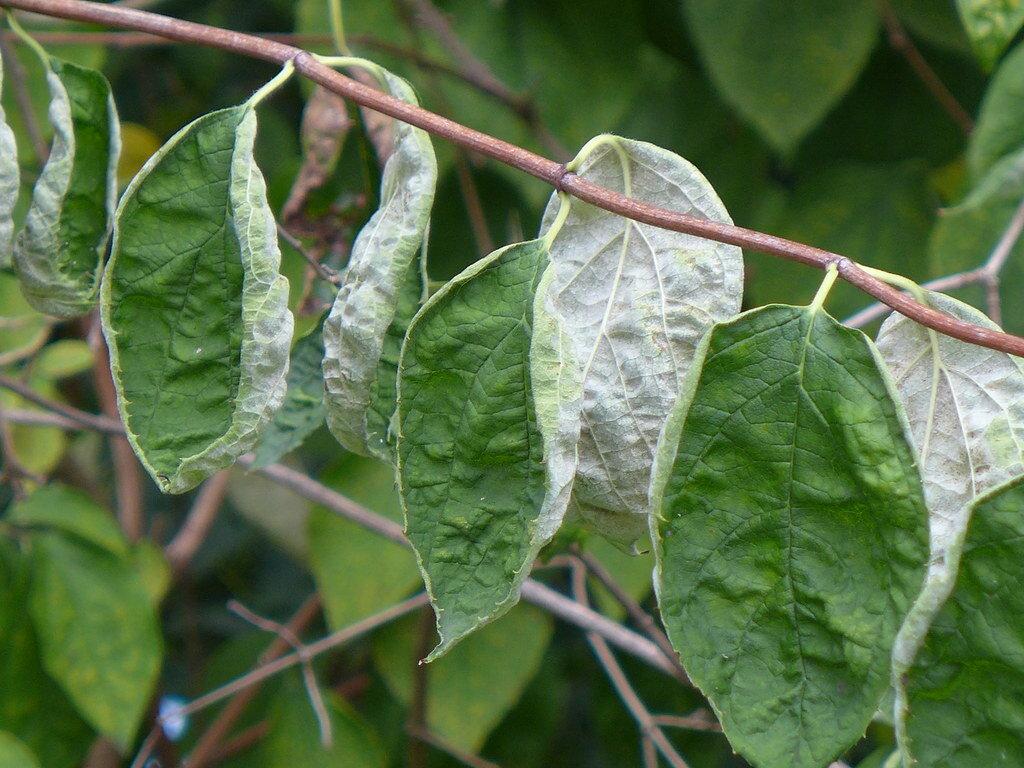On Feb. 15, a federal jury determined that Monsanto and BASF were responsible for damages to a peach farm in Missouri, and the verdict ordered the companies to pay $265 million, including $15 million to Bader Farms and $250 million in punitive damages.
Bader Farms is one of the largest peach producers in Missouri. It is owned by Bill and Denise Bader who sued the giant companies for causing extensive damage to their orchards. The Baders argued that the weed killer dicamba drifted over to their orchards from neighboring farms, causing deterioration of their trees.
Dicamba is an herbicide that has been available for decades and claims to help fight off weeds. Farmers across the nation have claimed that dicamba turns into vapor and can drift for miles when used in certain weather conditions.
Monsanto was bought by Bayer in 2018, and since then, they released genetically modified, also known as GMO, dicamba-tolerant cotton and soybean varieties.
The use of the weedkiller has become more common with the prevalence of GMO crops, which inevitably led to more complaints from neighboring farms whose crops that are non-dicamba resistant are getting killed off by the dicamba drift.
A company, such as Bayer/BASF, that sells a defective product can be liable for any damage. The product itself doesn’t have to injure a person for the manufacturer to be held responsible, it can also be damage to crops or other losses, including financial..
Bader Farms’ harvest dropped from an average of 162,000 bushels in the early 2000’s to as low as 12,000 bushels in 2018, according to court testimony.
The attorneys representing Bayer and BASF argued that the damage caused to the trees on Bader Farms was caused by root fungus, weather conditions, and other issues.
The jury ruled in favor of Bader Farms on all counts and the amount will be split and paid by both companies.
The jury found that Monsanto and BASF are liable for the negligent design of the products, as well as negligent failure to warn users about the risks that come with the products. The two companies created a joint venture to manufacture and sell dicamba-resistant seed and “low volatility” herbicides to increase their profits.
According to the Wisconsin State Farmer, Bayer said, “We want our customers to know that, as this legal matter continues, we remain steadfast in our commitment to delivering them the effective and sustainable tools they need in the field.”
Steve and Dee Landers, who own and operate a farm in Missouri, attended the hearing and are also affected by the dicamba drift. As of now, the companies are facing approximately 140 lawsuits over dicamba, many of which are class-action lawsuits that reflect thousands of farmers throughout the nation. Dee Landers said the dicamba drift “hurt us all financially,” and she is hopeful that the companies are “exposed for what they did to our environment and to all of us farmers that went through this.”
It’s still unknown how many farmers will come forward to declare damages. According to the Investigate Midwest website, more than 5,000 farmers filed complaints with state agencies since 2017. This number is expected to increase, as more dicamba drift complaints could continue to roll in through 2020. In a statement provided by a company spokesperson, Bayer said they will be investigating why so many farmers are filing complaints.
While many argue that their actions are inadequate, The Environmental Protection Agency has increased restrictions on dicamba use, while some states also added restrictions which include an increase in training and cut off dates after which the chemical can no longer be applied.





![[Both photos courtesy of sonoma.edu]
Ming-Ting Mike Lee stepped in as the new SSU president following Sakakis resignation in July 2022](https://sonomastatestar.com/wp-content/uploads/2024/04/CC4520AB-22A7-41B2-9F6F-2A2D5F76A28C-1200x1200.jpeg)


























